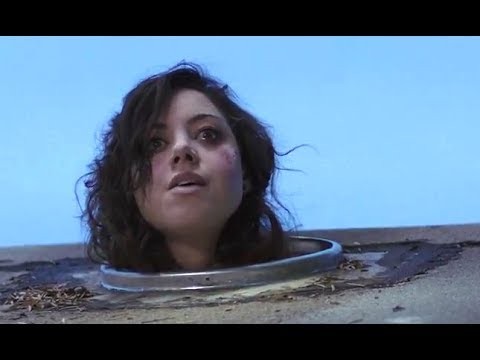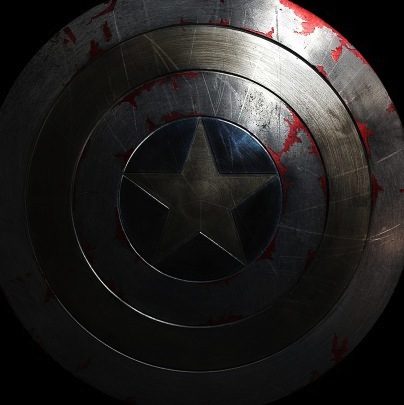 To base a thriller around a classical concert is a bold move. Let’s face it, there is only so much to see within an auditorium as the orchestra play and the story unfolds. It needs to be something special to grab the audience and maintain their interest for ninety minutes. The movie Grand Piano seeks to do this by taking inspiration from some of the great directors of the past. Doing so opens it up to critical comparison and if it is not executed perfectly it will be regarded as a failure.
To base a thriller around a classical concert is a bold move. Let’s face it, there is only so much to see within an auditorium as the orchestra play and the story unfolds. It needs to be something special to grab the audience and maintain their interest for ninety minutes. The movie Grand Piano seeks to do this by taking inspiration from some of the great directors of the past. Doing so opens it up to critical comparison and if it is not executed perfectly it will be regarded as a failure.
It is the night of Tom Selznick’s (Elijah Wood) comeback. Five years previously while performing a near impossible piano piece during a concert he froze. Since then, he has avoided the public eye and is only now performing due to the coaxing of his wife Emma (Kerry Bishe). She is a star in her own right as she is a very popular film actress and singer. Tom’s nerves are just about holding due to her influence and the gentle reassurances of his close friend (Don McManus) who is the conductor of the orchestra. As the concert begins Tom soon relaxes into the music and all seems well. During the piece Tom notes an arrow drawn at the bottom of his sheet music. Upon turning the page over he is confronted in blood red letters, PLAY OR DIE. He finds an earpiece attached to the page and when he pops it in his ear he finds himself in a nightmare situation. An ominous voice (John Cusack) advises him that if he plays one wrong note during the entire concert his wife will die at the hands of a sniper.
As you can tell from the story, the film is not built on anything close to reality. There are several points in the film where the audience is asked to make huge leaps to suspend their disbelief. For the most part, this is fine but for the final fifteen minutes it is a bit of a push. I will not delve into spoilers but needless to say it gets quite silly.
 In order to keep it interesting and the tension at a high enough level, the director, Eugenio Mira, has employed some stylish techniques that echo the work of Alfred Hitchcock and Brian De Palma (which amounts to the same thing). It is filled with Hitchcock style touches and references to a number of his films. The leading lady is of course blonde, there is an element of an innocent man in a deadly situation where he has no control, long sequences where the dialogue is kept to a minimum and of course there is a McGuffin.
In order to keep it interesting and the tension at a high enough level, the director, Eugenio Mira, has employed some stylish techniques that echo the work of Alfred Hitchcock and Brian De Palma (which amounts to the same thing). It is filled with Hitchcock style touches and references to a number of his films. The leading lady is of course blonde, there is an element of an innocent man in a deadly situation where he has no control, long sequences where the dialogue is kept to a minimum and of course there is a McGuffin.
All the scenes are well staged with intriguing and some times meticulously crafted cinematography. The concert stage is carefully set up with the grand piano on a raised platform at the rear of the orchestra. This allows a multitude of shots and angles to be used to convey the tension and allows the piano to be isolated on the screen from virtually every vantage point to great effect.
The music is at the heart of the story and at times is used to inform the scene and add an extra layer of tension and suspense. There is a sequence where the sound of a cello is used to accent a particularly brutal slashing. It is timed to perfection and works really well. The score repeats this technique at several places during the proceedings to equal effect and is the ideal complementary devices for the cinematography.
Elijah Wood is on top form as the pianist with everything to lose. His performance is reserved and quite uptight which is perfect for the character. As his co-star, John Cusack, is a voice in his ear he needs to be able to act alongside an unseen presence. I suppose his time spent against a green screen for the middle earth movies stood him in good stead for this role.
Overall an absorbing and enjoyable thriller, even when it gets a bit daft. Recommended.
- Moviescramble podcast – Ep 76: Hit Man and The Killer - November 18, 2024
- Moviescramble podcast – Deleted scenes Ep 75 - November 18, 2024
- Hugh Bonneville surprises young patients at Glasgow’s Royal Hospital for Children for MediCinema Screening of Paddington in Peru - November 7, 2024




